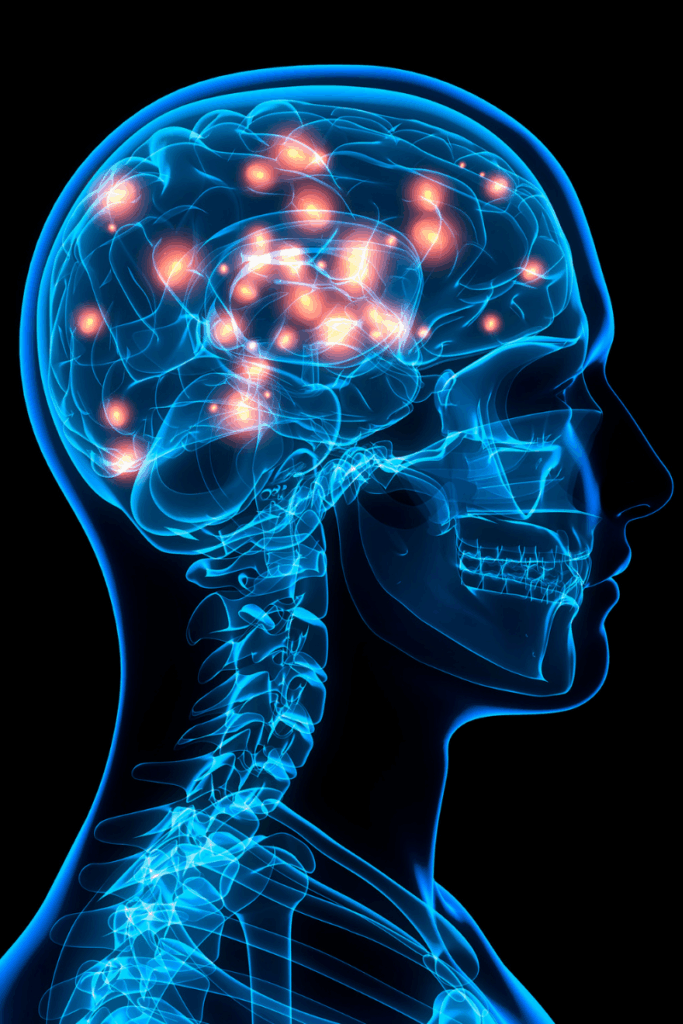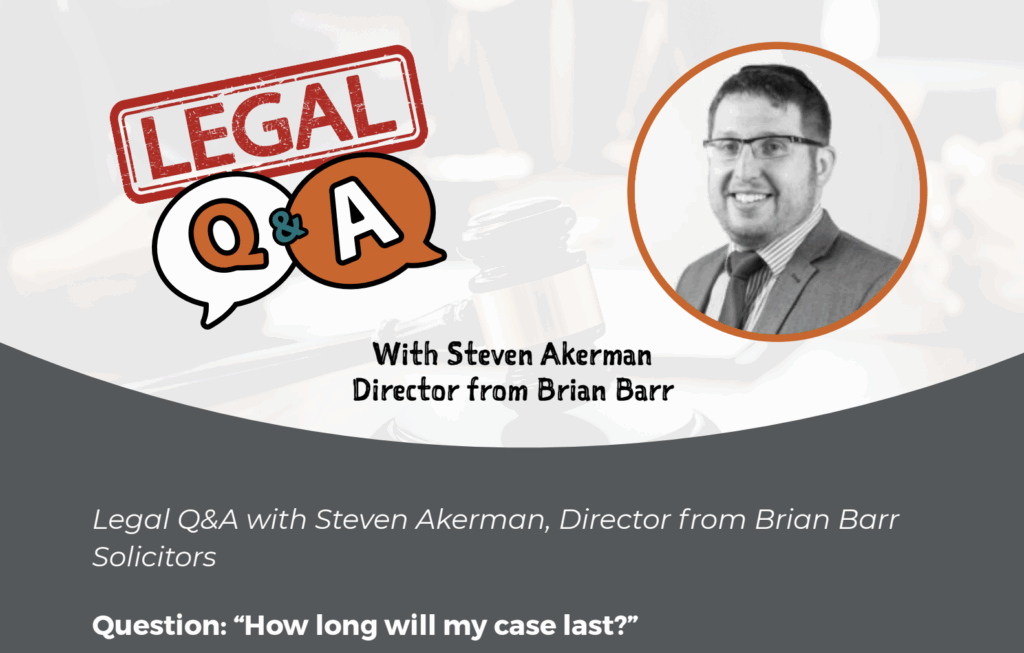Road traffic collisions can change lives in an instant. Often, the focus is on visible injuries – broken bones, whiplash, or head trauma. But for a significant number of individuals, the real battle begins weeks or even months later, when chronic pain takes hold. Conditions such as Complex Regional Pain Syndrome (CRPS), fibromyalgia, chronic widespread pain, or even conditions affecting the brain and nervous system, such as FND, can emerge after relatively minor collisions, leaving individuals to face a future very different from the one they expected.
Unlike a fractured bone or a visible wound, chronic pain conditions don’t always present immediately after an incident. This delay can lead to underreporting, misdiagnosis, or scepticism from insurers and even medical professionals. Victims may not be believed, and their symptoms may be dismissed as psychological.
Living with chronic pain can affect every aspect of a person’s life, from work and relationships to sleep and mental health. Tasks that were once routine, like driving, shopping, or looking after children, can become daunting or unmanageable.
In the context of road safety, the long-term consequences of chronic pain are often overlooked. Yet these conditions can lead to permanent disability, mental health struggles, and significant financial hardship. Many people find themselves unable to return to work, requiring ongoing care, or making major adjustments to their living environments.
For road safety advocates, policymakers, and healthcare providers, recognising the hidden cost of chronic pain is vital. Preventing collisions is, of course, the priority. But understanding what victims face after a collision is essential to creating systems of support that address not just survival, but quality of life.
At Brian Barr Solicitors, as leading accident solicitors in Manchester, we’ve seen how the true cost of a road traffic collision can unfold over months and years. As specialist road traffic accident solicitors, with years of experience in chronic pain claims, we advocate for a broader understanding of what road safety really means. It’s not just about reducing crashes, it’s also about supporting lives that are changed in the aftermath.
















